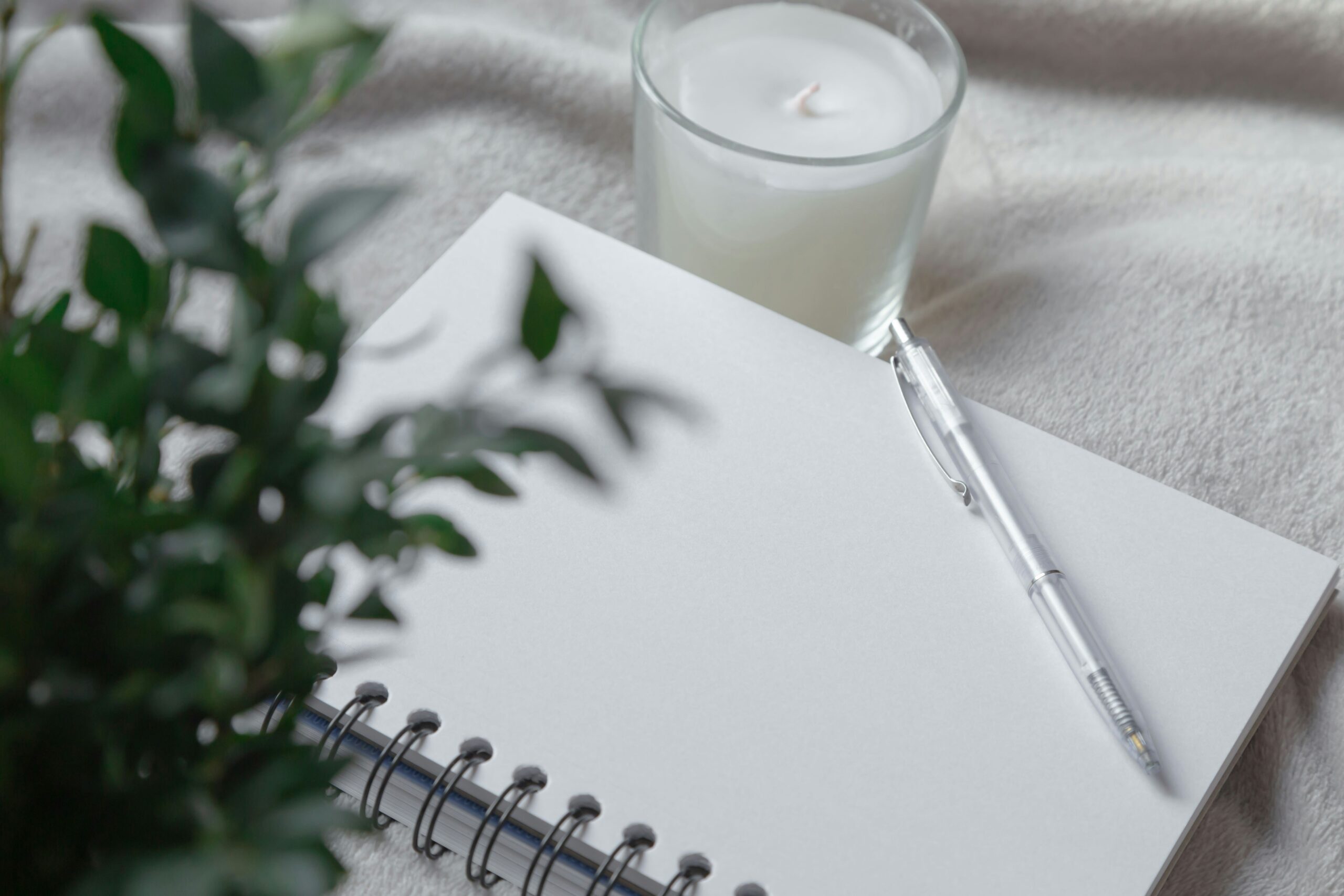In a world where thoughts and emotions often swirl uncontrollably, journaling offers a private space to process, reflect, and release. It’s a simple yet powerful tool that supports emotional regulation, mental clarity, self-awareness, and even physical health. Whether you write every day or just when needed, journaling is a practice that can transform your inner life in profound ways.
Why Journaling Works
Journaling helps you externalize your thoughts, turning the intangible into something visible. This act of expression can reduce anxiety, help solve problems, and make emotions more manageable. It’s also a space free of judgment — no one reads it but you — so honesty comes naturally. Over time, journaling provides insight into your patterns, helping you break unhealthy cycles and build new perspectives.
Benefits for Emotional Health
When emotions feel overwhelming or confusing, journaling offers relief. Writing about what you’re feeling activates the logical side of the brain, helping calm the emotional storm. It can reduce symptoms of depression, help manage anxiety, and support healing from trauma. Even a few minutes a day can help you feel more grounded, especially during periods of stress or uncertainty.
Benefits for Mental Clarity
If you often feel mentally cluttered or scattered, journaling can act as a “brain dump.” Writing down your worries, plans, or decisions frees up cognitive space. It’s also a powerful tool for processing complex thoughts — helping you find clarity in situations where you feel stuck or conflicted. Many people report feeling lighter and more focused after journaling, as if they’ve “cleared the fog.”
Different Journaling Styles to Explore
There’s no single “right” way to journal. Try different approaches and see what resonates with you:
- Free writing: Write without filters for 10–15 minutes — whatever comes to mind.
- Gratitude journaling: List three things you’re grateful for daily.
- Prompt-based journaling: Use questions like “What am I feeling today?” or “What do I need to let go of?”
- Goal tracking: Reflect on progress, setbacks, and future actions.
- Reflection journaling: Write about daily events and what you learned from them.
You can switch styles depending on your needs.
How to Start a Journaling Practice
You don’t need fancy notebooks or a lot of time. Start with five minutes a day using whatever you have. Keep your journal somewhere visible to remind you. Choose a time that works — first thing in the morning, during a lunch break, or before bed. If you’re unsure what to write, begin with how your day went or how you’re feeling. The more you do it, the easier it becomes.
Make It a Safe Space
Your journal is yours alone. Write without censoring yourself. There’s no need for perfect grammar or beautiful handwriting. What matters is the act of expression. If privacy is a concern, use a locked app or keep your journal in a secure place. When your writing feels safe, it becomes more honest and powerful.
Use Journaling for Self-Discovery
Over time, your journal can reveal things about you that you weren’t fully aware of — beliefs, fears, patterns, and dreams. Reviewing old entries helps you see how far you’ve come, what’s changed, and what still needs attention. It becomes a map of your growth, full of personal lessons and insight.
Journaling as a Daily Reset
Even on your busiest days, journaling can serve as a moment to reconnect with yourself. It offers stillness, presence, and a sense of control when everything feels chaotic. Just the habit of sitting down to write can signal to your mind and body that you’re taking care of yourself.
Final Words: Writing to Heal and Grow
Journaling is more than just writing — it’s a practice of listening to yourself, validating your emotions, and creating space for healing and clarity. There’s no pressure to be consistent or profound — every word you write is part of your journey toward emotional and mental balance. So pick up the pen, start where you are, and let your inner voice be heard.
